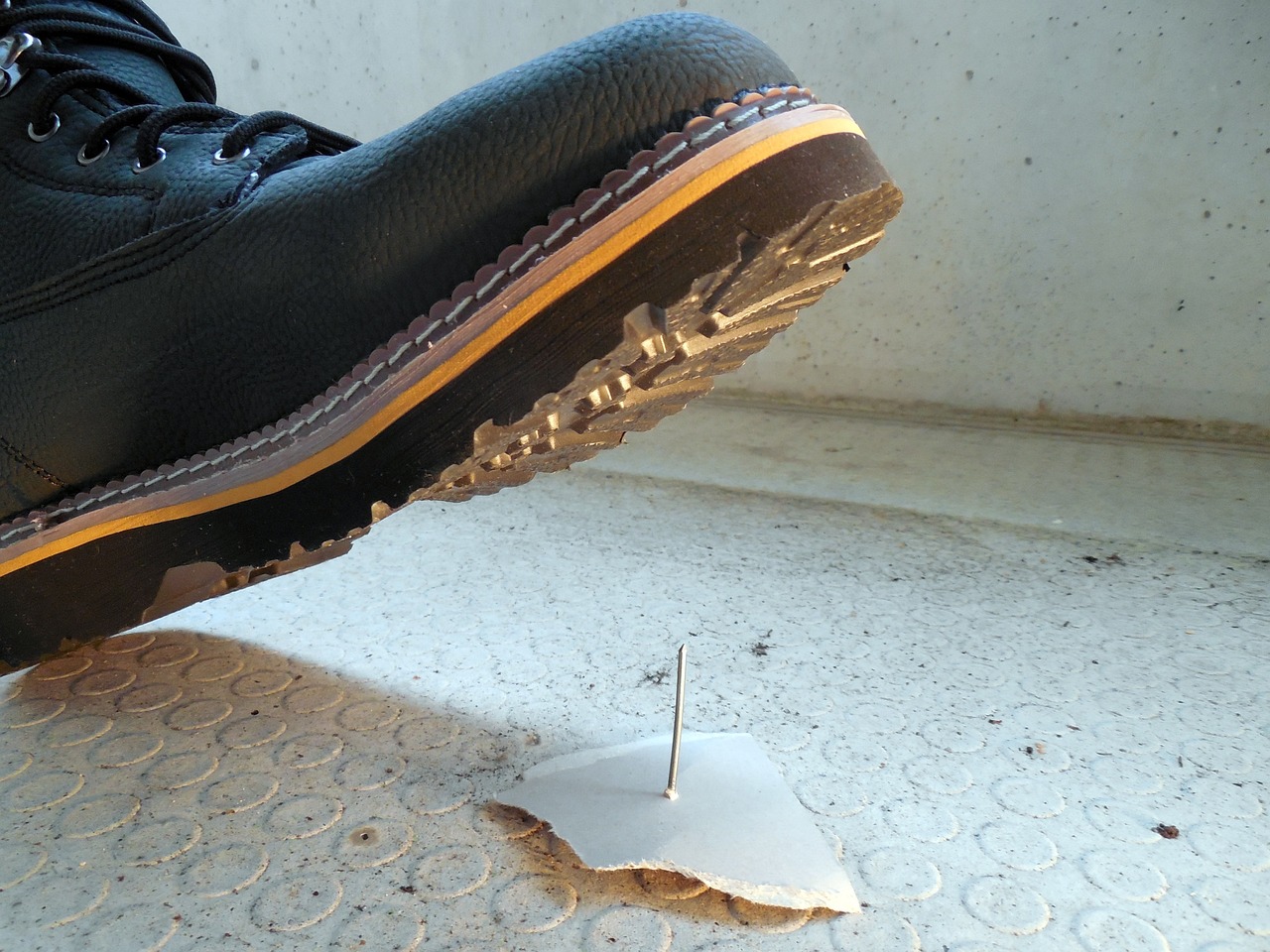Businesses have a responsibility to keep their customers and employees safe. If they fail to do so and you get hurt, you may have grounds to sue and recover damages. Here is what you need to know about suing a business for a personal injury claim.
https://pixabay.com/photos/accident-injury-danger-nail-shoe-994005/
Table of Contents
Proving Liability
The most critical element in a personal injury lawsuit is proving liability – that is, showing that the defendant’s actions (or inaction) directly caused your injuries. There are a few ways to establish liability against a business:
- Negligence – This means the business failed to act with reasonable care. For example, a store owner knew about a spill but didn’t clean it up in a timely manner, resulting in a slip and fall accident.
- Premises liability – Businesses have a duty to keep their property reasonably safe for those who enter. If dangerous conditions exist that cause injury, the property owner can be held liable. In one case, a jury awarded a woman who slipped and fell in a grocery store $1.93 million for past and future expenses.
- Product liability – When a defective product injures a consumer, the manufacturer or retailer can be sued. This includes failure to provide adequate warnings about potential dangers.
- Intentional harm – Businesses are liable for intentionally causing harm to a customer through assault, battery, false imprisonment, etc. However, intentional torts are less common.
Proving negligence usually comes down to showing that a reasonably prudent business would have acted differently under the same circumstances. Gathering evidence and witness testimony to support your claim is critical.
Contributory negligence applies in some states, including North Carolina and Virginia. Where it does apply, the law is clear: a defendant can avoid liability for losses if the plaintiff shares any responsibility for their injury.
Damages in a Personal Injury Lawsuit
If you sue, your goal will be to recover compensatory damages for your losses. These can include:
- Medical expenses – Both current and future bills related to your injury.
- Lost income – Any wages you lost due to being unable to work during recovery.
- Loss of future earning capacity – If your injury impairs your ability to work long-term.
- Pain and suffering – Compensation for physical and emotional distress.
- Punitive damages – Extra damages to punish gross negligence, awarded in rare cases.
Most slip and fall cases settle for between $50k and $100k, but the more evidence you have, the easier it will be to put a dollar amount on your damages.
Statute of Limitations
There is a strict time limit to file a personal injury claim, known as the statute of limitations. This window ranges from 1 – 6 years depending on your state. The clock starts ticking from the date of your injury. Don’t delay seeking legal representation to avoid running out of time.
Settlements vs. Lawsuits
Many injury claims settle out of court through negotiations between attorneys. However, sometimes cases do go to trial when settlement talks fail. An experienced personal injury lawyer can provide insight into the likelihood of settlement vs. trial in your situation. They will also determine the optimal strategy for maximum compensation.
Suing a business for a personal injury comes down to establishing negligence and proving damages. With help from a qualified attorney, you can hold a business accountable and recover the compensation you deserve. Don’t hesitate to explore your legal options if you have been injured due to another party’s carelessness.












Course Connect
June 18, 2024These insights are very important for any business to be safe and also safeguard their business. Great content.